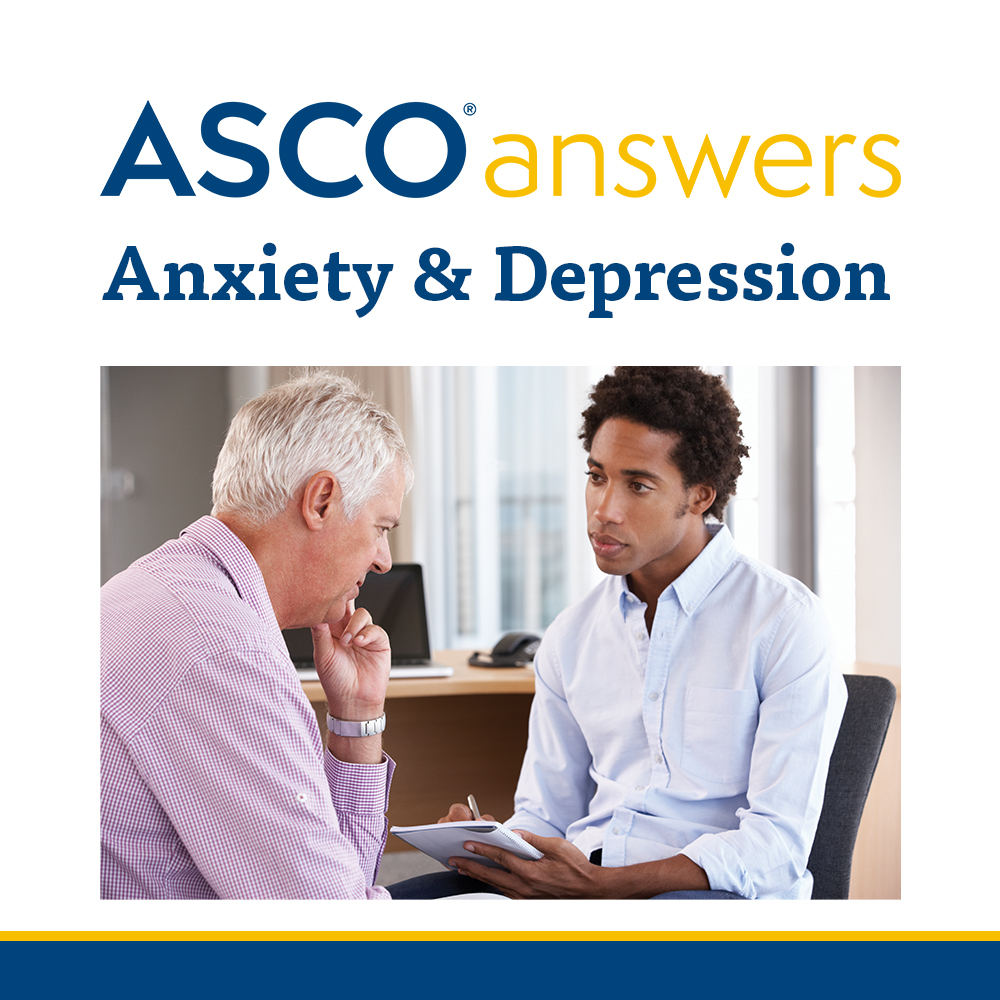Cristiane Decat Bergerot, PhD, is head of the Department of Psycho-Oncology at Grupo Oncoclínicas in Brazil. Dr. Bergerot completed a 3-year research fellowship in the Department of Medical Oncology at the City of Hope Comprehensive Cancer Center in Duarte, California. She has been working with people with cancer for almost 20 years as a clinician and as a researcher. Dr. Bergerot is an advisory panelist on the 2023 Cancer.Net Editorial Board. You can follow Dr. Bergerot on Twitter.
The cancer experience is marked by various kinds of waiting: waiting for test results that will confirm a cancer diagnosis or whether treatment is working; waiting for treatment to be authorized, started, and then completed; and waiting for follow-up appointments, marked by waiting for results from regular checkups and scans. Each type of waiting can bring a unique set of emotions and challenges to people with cancer, survivors, and caregivers. These may include feelings of vulnerability, frustration, and fear. Or, they may include problems that can be more disabling, such as anxiety, panic, social isolation, and depression.
How waiting during cancer can affect your emotional and physical well-being
Waiting for appointments, test results, or treatments can be incredibly stressful and challenging. During this phase, you may experience emotional symptoms, including:
-
Anxiety (feeling nervous or worried about what the future holds)
-
Depression (feeling sad, hopeless, or lacking energy)
-
A heightened fear of recurrence or progression (fear of the unknown and fear of what the test results may show)
-
Anger (feeling frustrated or resentful about the situation)
Some physical symptoms may also accompany these emotions, including changes in sleep patterns and appetite, fatigue, and headaches. Symptoms such as these can be a normal part of the waiting period and will hopefully fade away once the waiting is over.
How to cope with waiting during cancer
To find balance while waiting during cancer, you may first try to engage in activities that you enjoy, such as reading, writing, or practicing mindfulness. You can also surround yourself with supportive family and friends, write down your thoughts, exercise, or seek information that can help you better understand your experience and what to expect from it. Remember that waiting is a normal part of the cancer experience, and try not to be too hard on yourself if you are struggling during a waiting period.
While having difficulty coping with waiting during cancer is common, it’s important to talk with your doctor if the emotional or physical challenges you experience while waiting become severe or start to interfere with your daily life. For example, if you were to experience symptoms that may be related to depression, including persistent feelings of sadness, hopelessness, worthlessness, a lack of interest in activities, difficulty sleeping or oversleeping, changes in appetite and weight, thoughts of self-harm or suicide, feelings of extreme anxiety or panic, or difficulty concentrating or making decisions, then it is important to seek help right away.
A mental health professional, such as a therapist or counselor, can help you manage your emotional symptoms and develop healthy coping strategies. Your primary care physician or oncology team can provide information and a referral to a mental health professional if needed. And, along with your cancer care team, a mental health professional can help you to monitor your symptoms.
It’s important to remember that everyone’s experience with cancer is unique, and there is no right or wrong way to experience or cope with the many periods of waiting. What’s most important is finding what works best for you and taking care of your emotional and physical well-being, including eating a balanced diet, getting enough sleep, and engaging in activities that bring you joy and relaxation.
If you feel you’re in crisis and cannot reach your doctor or a loved one, call the National Suicide Prevention Lifeline at “988” or at 800-273-8255 (available in the United States).
How caregivers can cope with waiting during cancer
Caregivers play an important role in supporting their loved ones with cancer, and waiting periods during cancer can be challenging for them as well. It is important for caregivers to seek support from friends and family and to practice activities that also bring them joy and relaxation. Caregivers may also benefit from seeking support from others through support groups or online forums, as well as from counseling services. This can help caregivers find balance and be able to actively listen to their loved one with cancer, offering reassurance and empathy.
If you are having difficulty coping with waiting during cancer, talk with a member of your health care team. You can also ask about where to find reliable information that can help you feel more prepared for these waiting periods.
The author has no relationships relevant to this content to disclose.
 Download ASCO’s free Anxiety and Depression fact sheet. This 1-page printable PDF offers an introduction to anxiety and depression, including ways they can affect cancer care, treatment options, and a checklist of potential risk factors and symptoms.
Download ASCO’s free Anxiety and Depression fact sheet. This 1-page printable PDF offers an introduction to anxiety and depression, including ways they can affect cancer care, treatment options, and a checklist of potential risk factors and symptoms.




